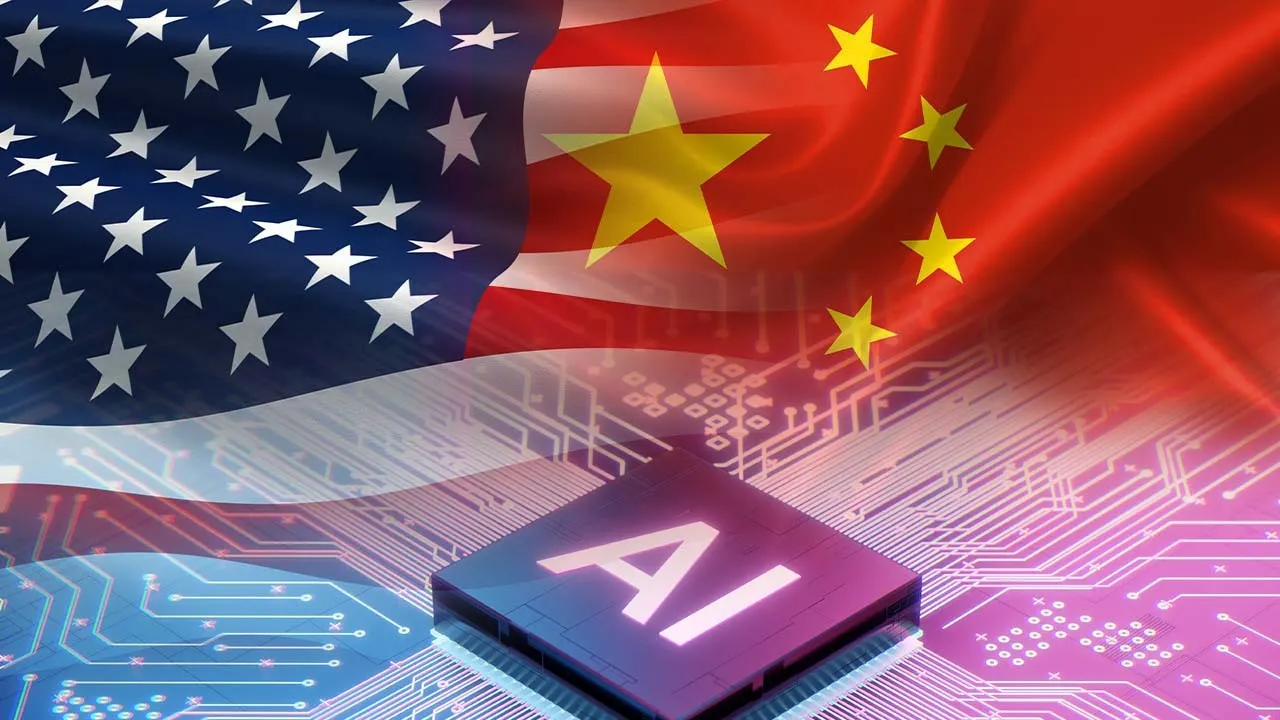At last year’s APEC summit in San Francisco, Joe Biden and Xi Jinping agreed to establish a direct line for AI discussions. However, experts point out a significant obstacle: the U.S. and China can’t seem to align on the AI challenges they aim to tackle.
Why it’s important: With both nations vying for AI supremacy across various sectors, finding common ground on AI safety becomes paramount.
There’s a notable lack of mutual understanding between Washington and Beijing regarding their respective AI strategies.
During a recent hearing on Capitol Hill, experts emphasized China’s military focus on advancing AI throughout its operational sequence.
Arati Prabhakar from the White House Office of Science and Technology Policy stressed the importance of cooperation with Beijing, suggesting that progress has been made.
Discussing potential collaboration on AI regulations at a Davos event, Prabhakar emphasized the need to effectively evaluate AI models for efficacy, safety, and trustworthiness.
In the background: Both countries grapple with nascent or absent AI regulations, hindering productive dialogue.
While China’s Cyberspace Administration leads AI regulation domestically, the U.S. lacks a clear equivalent.
Experts suggest that establishing communication channels fosters familiarity and emergency protocols, especially given the complexity of AI standards and testing procedures.
Top concerns in the U.S. include cyber threats, misinformation, and the proliferation of chemical and biological weapons.
Experts propose initiating AI safety discussions as a starting point, potentially leading to joint safety exercises.
However, bridging the U.S.-China AI gap requires addressing specific priority issues and navigating past historical tensions.
Despite the diplomatic challenges, there’s potential for collaboration in areas like military AI risk assessment and cybersecurity.
Notably, big tech firms face ongoing struggles with their China operations, complicating bilateral relations in the AI sphere.
In conclusion: Effective dialogue between the U.S. and China on AI necessitates targeted discussions and a willingness to confront longstanding differences.
Meanwhile, Nvidia’s CEO, Jensen Huang, visited China to boost morale among local staff following export restrictions imposed by the Biden administration.
















































